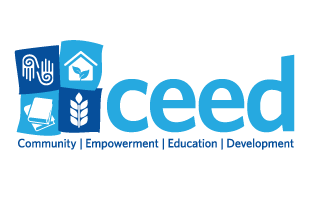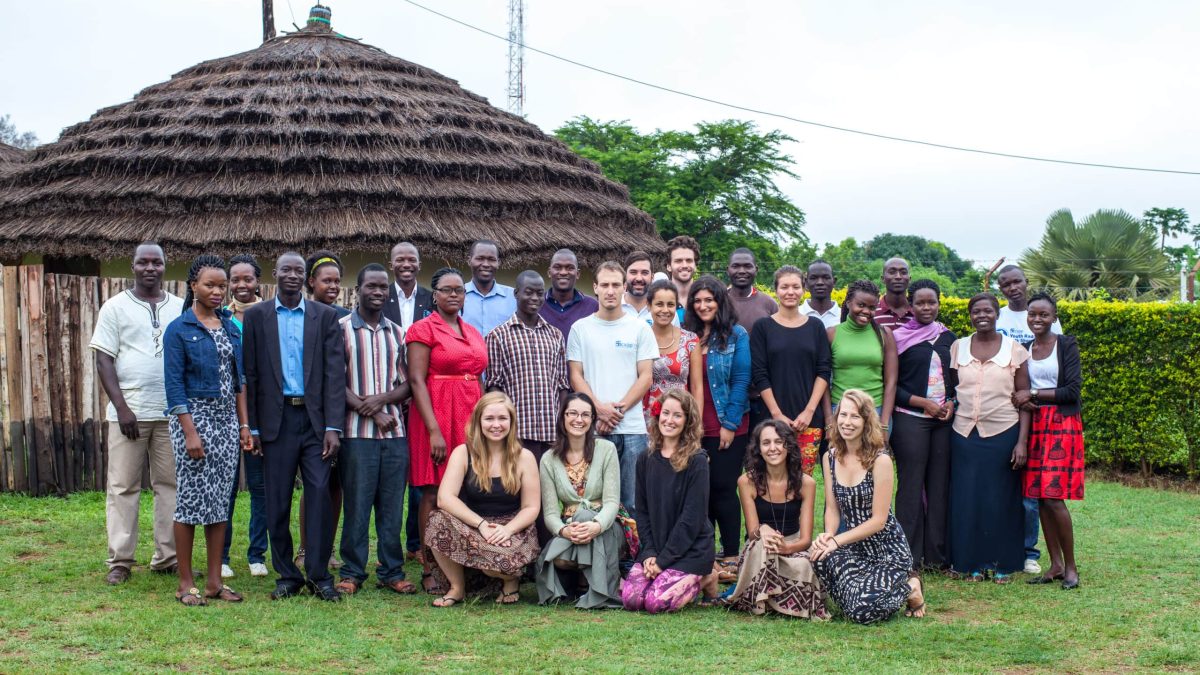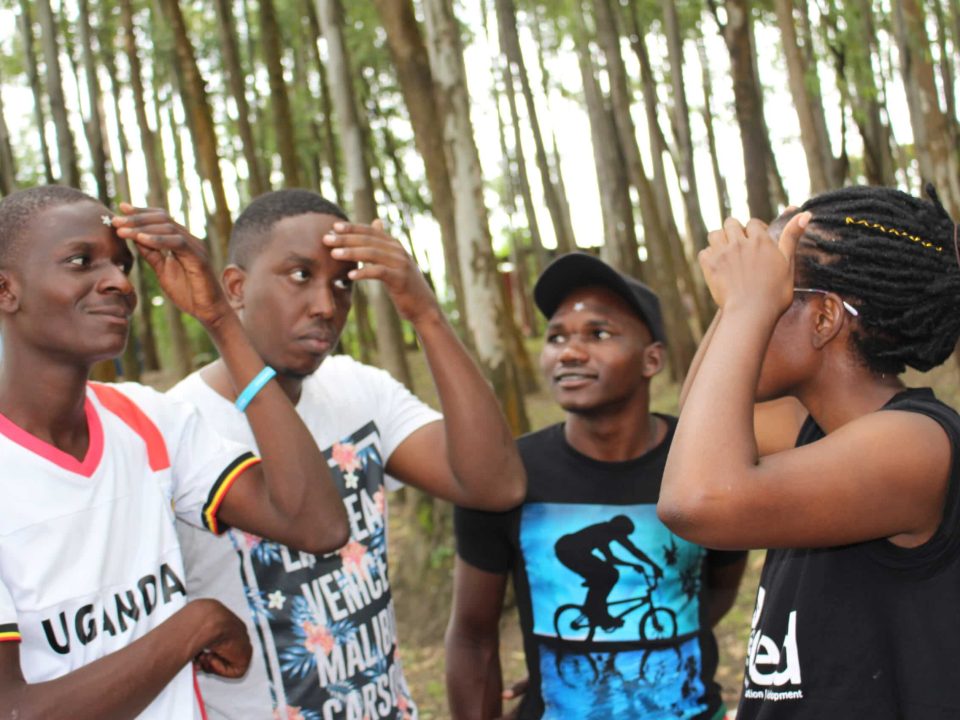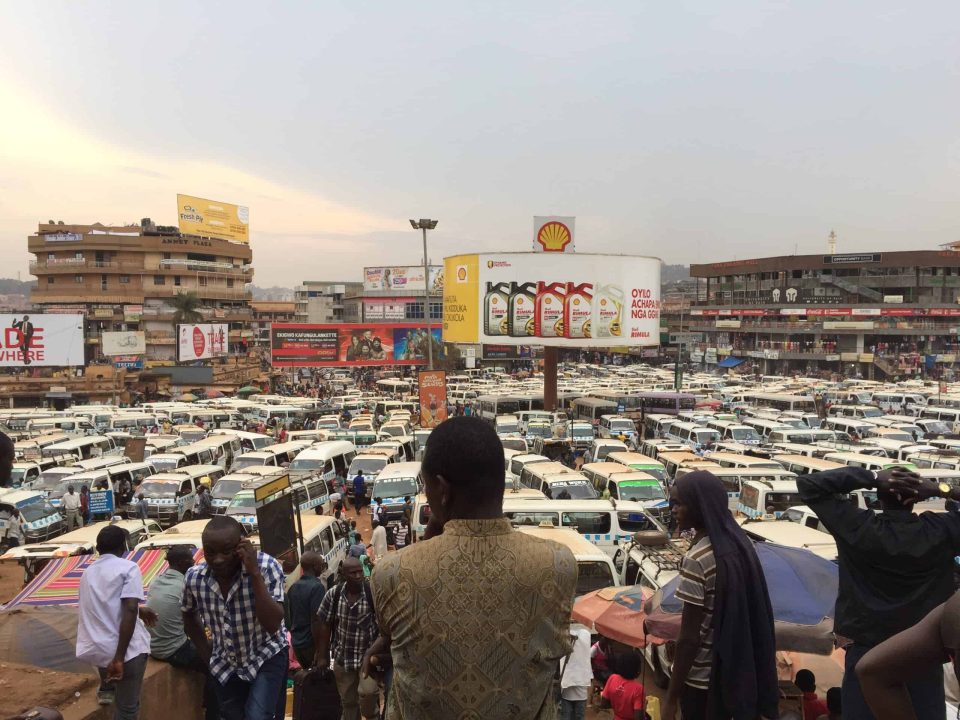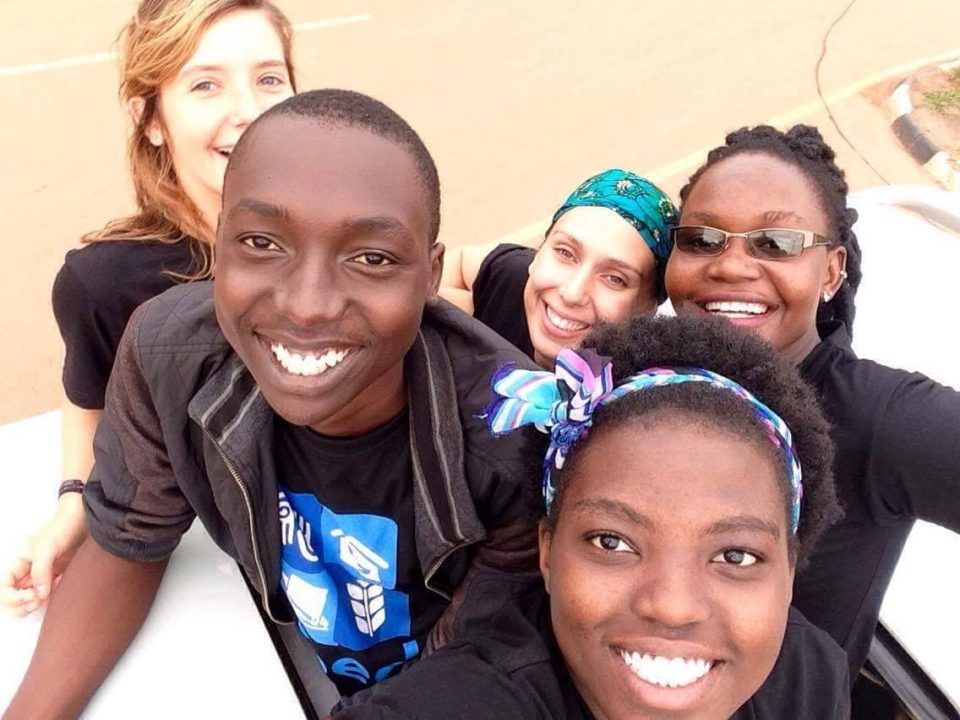
Looking Back: An Interns First Impressions, Challenges, & Reflections on Her Time in Uganda
September 8, 2020
CEED finances Street Soccer Campaign that Supports Equality
November 25, 2020My name is Sonia Michaelsen and I was an intern for CEED in 2015. I’ll be honest – my participation was completely unplanned. I wasn’t even a Concordia student! I had just come home from Asia unexpectedly. I had been teaching English in South Korea and then moved to China to be with someone but it didn’t work out, so I found myself back home, with no idea of what to do next. A good friend of mine was actually the coordinator at CEED – she encouraged me to apply, because they were looking for someone who was doing their master’s degree in international development and who had strong research experience (check and check). I did, and I was accepted. And so began an experience that literally changed the course of my life, as much of a cliché as that is.
I was on the Youth Services Research Project. The goal was to speak with local youth and youth service providers to figure out what are the challenges that youth in Gulu face on a daily basis, what has already been done to assist youth, and what are the gaps in service provision and potential solutions. It was the best project (in my totally unbiased opinion). Every day, we got to go out and meet tons of boys and girls and just hear about their experiences, their ideas. And then we would take those stories back to our organization and say “Hey, this is what youth are saying. This is what they want, this is what they need”. The idea was that CEED would take these ideas, these recommendations, from local youth and use it to develop their future programming. Being able to act as that kind of middle-person was extremely rewarding. It was research with a purpose, with a plan for transformative action built into it.
[However], one of the most challenging moments of being in Gulu…you doubt yourself. Your role, the purpose/meaning/consequences of you being there, every moment of every day. As I think you should. You need to ask yourself those tough questions and have honest conversations with yourself. I’m also a talker. I’m opinionated. I’m a take-control-of-the-situation-and-work-to-get-things-done kind of person. There, I learned to consciously take a step back and shut up. I learned that if we [White, Western people] REALLY care about supporting individuals and communities in the Global South, one of the most important things we can do is just shut up and listen. To stop taking up space, especially at the expense of others.
Before CEED, I wasn’t quite sure what I wanted to do, or how I felt about international development. There are so many issues with the field. It’s become a neocolonial industry in a lot of ways, where many of its practices go directly against its purported goals. CEED showed me that there are other ways to approach community development. Like, having Ugandan and foreign interns and staff work together, instead of foreigners just going into a culture, an environment, they know nothing about. Developing reflexivity and cross-cultural awareness as one of the explicit goals of an organization, instead of it just being a buzzword on an organization’s webpage. CEED isn’t perfect. It’s still a relatively young, small organization finding its way. But it gave me a lot of hope that a smaller organization can actually have the ability to approach things differently and to foster those soft, interpersonal skills that are so important when working collaboratively with different communities.
Working with CEED made me fall in love with Gulu, with Uganda. I ended up working for CEED after my internship and doing my master’s research in Gulu. I was incredibly lucky and privileged in that I was able to do my master’s in International Development while also working for an organization in that very field. It was a wonderful, holistic balance – getting that academic, theoretical training complemented by hands-on practical experience. And now I’m doing my PhD in Global Health, and the plan is to go back to northern Uganda to do my research!
Written by: Sonia Michaelsen
2015 Alumni + Former CEED Concordia Internship Coordinator
